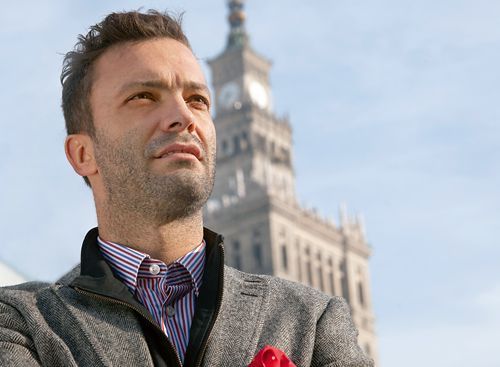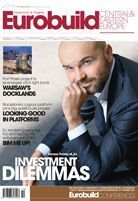Ewa Andrzejewska, ‘Eurobuild Central & Eastern Europe’: Since September 1st you have been responsible for theCEE region at Logicor, the warehouse platform of global player Blackstone, which we have still not heard much about in Poland. The information that has reached the media’s ears so far has mainly concerned purchases. Will we now be finding out anything more?
Bartosz Mierzwiak, managing director responsible for the CEE region, Logicor: We have created a platform with 6 mln sqm of warehouse space in Europe, of which app. 1 mln sqm is located in Central and Eastern Europe. The majority of the properties are situated in Poland, one is in the Czech Republic (an app. 60,000 sqm park near Prague airport) and another is the Tulipan Park complex (two buildings, 30,000 sqm) in Hungary. The CEE markets we certainly want to be present in are Poland and the Czech Republic. As far as other markets are concerned, this all depends on the capital values and the efficiency of operating a





























































